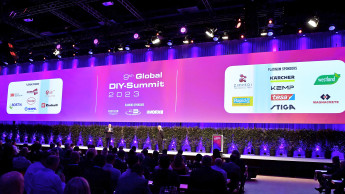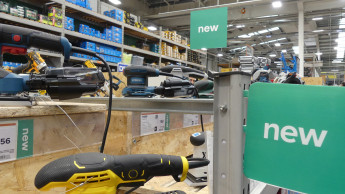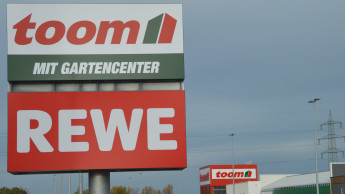Last year the majority of Swedish retailers in the building materials, hardware and DIY sector recorded growth in demand for their products, irrespective of whether the purchasers were trade or individual customers
Until 1997 the Swedish retailers were by themselves. However, foreign marketing chains then opened their first stores in the country and set up in competition with local retailers: Bauhaus from Germany, Silvan from Denmark and K-Rauta from Finland started up in Sweden at almost the same time. This was just the time when the Swedish DIY trade was experiencing an upturn. These companies will not regret their decision. Both French and British DIY trading groups are examining Sweden closely to find out when and if the market is ripe for new openings.
The Swedish suppliers of DIY articles are not worrying too much about the new competitive situation, since they concentrate more than elsewhere in Europe on products and materials directly concerned with the building branch. This means that the number of articles in stores there is smaller than in most stores in the rest of Europe. But the retailers are still not changing their concept. They consider that there is no need for such action. “Our customers are looking for building-related products. Furniture, pets and garden products should be sold by specialists in their field, as we are specialists in ours,” says a spokesman for the Swedish association of builders’ and timber merchants.
Nevertheless there are exceptions. Fredell is a company that operates a store in Stockholm with a product mix consisting of more than 60 000 different items. This store is run more or less according to the “continental” model.
Despite everything, however, structural alterations are appearing. The year 1999 was a time of consolidation. Forecasts assume that the small, independent business will disappear and only a few established chains will in future compete for market share, with the greatest concentration in congested urban areas.
Favourable economic prospects
Sweden’s GDP grew by 3.8 per cent last year and an increase of 3.6 per cent is expected this year. The unemployment rate has gone down: it decreased from 9.9 to 7.2 per cent from 1997 to 1999 and OECD figures put it at 6.1 per cent in May of this year. The Swedish economy is experiencing strong growth and the rise in building activity is further boosting sales in the DIY and building materials sector.
Sweden
Capital: StockholmPopulation: 8.9 MioArea: 450 000 km²Rate of inflation 1999: 1.2 %Rate of unemployment 1999: 7.2 %Gross domestic product 1999: US$ 238 700 MioReal change of GDP 1999: 3.8 %

 Menü
Menü
















